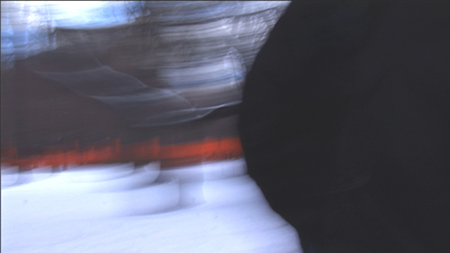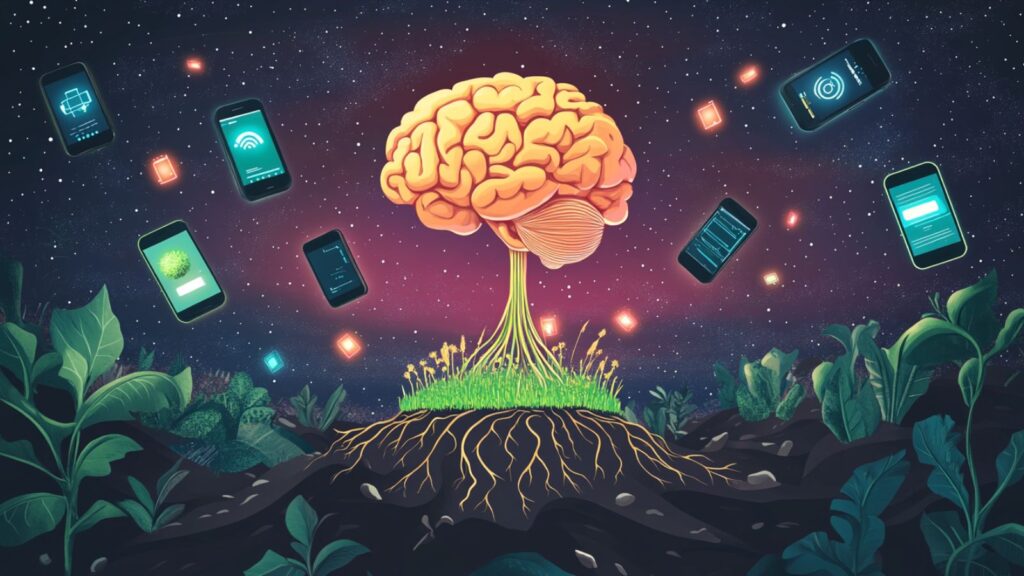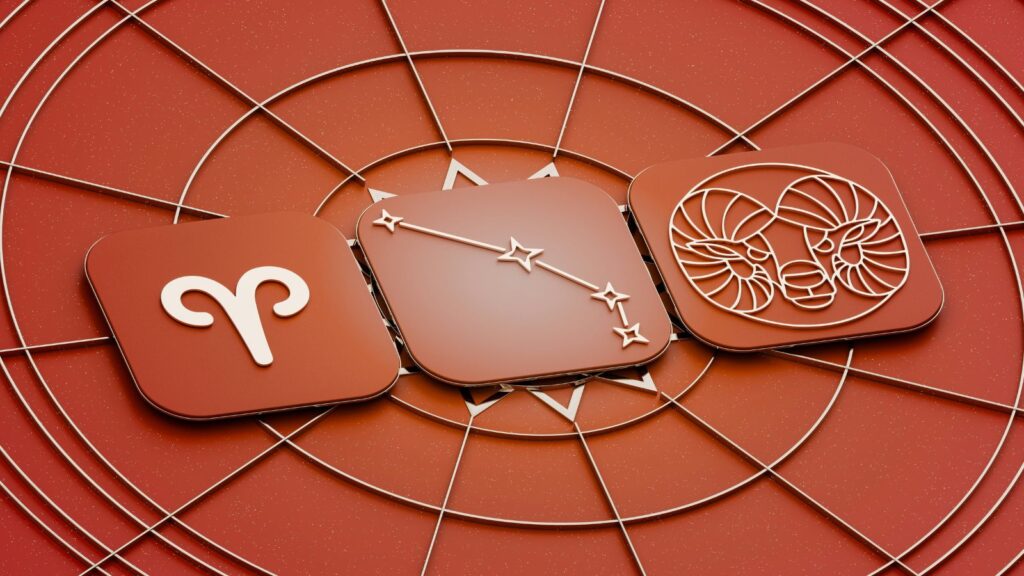[Evolve TV!] • In this column I’ll reflect on the possibilities of television. Television is a remarkable medium, and it inspires love and hate, sometimes in the same person. But I think its potential is overlooked by rejectionists. Wouldn’t it be better to co-opt the medium? A lot of television is distraction, but could we create a transcendental TV? Could television evolve alongside consciousness? Those are critical questions, and they’ll be the theme of this column.
Television has always impressed me with its power. The medium is ubiquitous. It’s truly everywhere. And everyone seems to want it. Not only in wealthy societies, where people keep multiple sets in their homes, with one turned on all the time. I’ve been to remote villages in places like Iran, Greenland, Burma and Madagascar. One of the first things people acquire is a TV – before concrete floors and before indoor plumbing. The medium fascinates us, it grips our attention.
I discovered the power of television when I was studying philosophy. Like many students I had a nervous breakdown from too much work and too little money. My body responded by breaking out in hives. The mere thought of lifting a finger inspired big, itchy welts, and I stayed in my apartment for days. My best friend brought food, and my doctor prescribed sedatives. The sedatives didn’t do much, so I kept a low profile.
Eventually my attention turned to the old TV that I kept hidden under a Thai silk. I only used it for movies, but it might be able to pick up a signal. Sure enough, it did, and I rediscovered the airwaves after years of snobbish neglect. Within a few minutes I was laughing at COPS. In thirty minutes the hives weren’t so itchy. A day later they were gone. Television cured me when medicine had failed.
My experience taught me that television functions like a drug: it directly impacts the nervous system. Through my breakdown I discovered that that TV has a soothing, narcotic quality that avoids the side-effects of chemistry. It didn’t matter what I watched – COPS, game shows, news – TV put me in a relaxed state. “Duh” says most of America, but I’d been isolated in cafes and libraries for years. Until that night I didn’t really understand Marshall McLuhan’s line, “The medium is the message.”
Jerry Mander goes further than McLuhan. In Four Arguments for the Elimination of Television, Mander attacks the technologies behind TV, saying that mediation leads to hypnosis and colonization of the mind by alien forces. The book is worth reading, but, if Mander is right, there’s not much hope because TV is sticking around. Going off the media grid, or turning back the clock on TV, isn’t realistic.
McLuhan and Mander wrote about TV decades ago, and the obvious difference between now and then is the Internet. Has the Internet changed the equation, broken the spell of TV? It’s hard to say because media is changing so quickly. But many of the same forces remain: ubiquity, centralization and a reliance on electronics. And far from breaking with the past, the Internet is starting to resemble television, becoming another platform for media conglomerates.
The biggest change from the 1970s lies in access to tools. It’s a truism that media production has been democratized, so a kid on YouTube can create a huge sensation. That’s drastic but there has to be more to change media as we know it. Otherwise the Net becomes a big talent show and a low-cost source of content, much like indie film. Mander raised some deep problems, and I think we should discuss them. But I also think we should reconceive rather than eliminate television.
When we reflect on TV, we usually focus on content. If only there were TV shows that told my story and took my point of view! But if the medium is the message, then switching out the content isn’t going to change much. Television is not just a medium, it’s a state of mind, and it’s the TV mindset that McLuhan and Mander find so powerful and dangerous.
I think we need to explore the limits of the TV experience. I respect people who produce alternative content, but here I want to focus on the form of television, what you might call the poetics of TV. We’ve seen poetic work in film and video for sixty years, but the barrier to entry in television has been too high for individuals and small organizations. No more. Television is at the beginning of a Big Bang, and the laws of the new mediaverse are forming. It’s time to rethink how things are done, to come up with wild new ways of using the medium.













